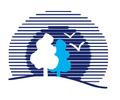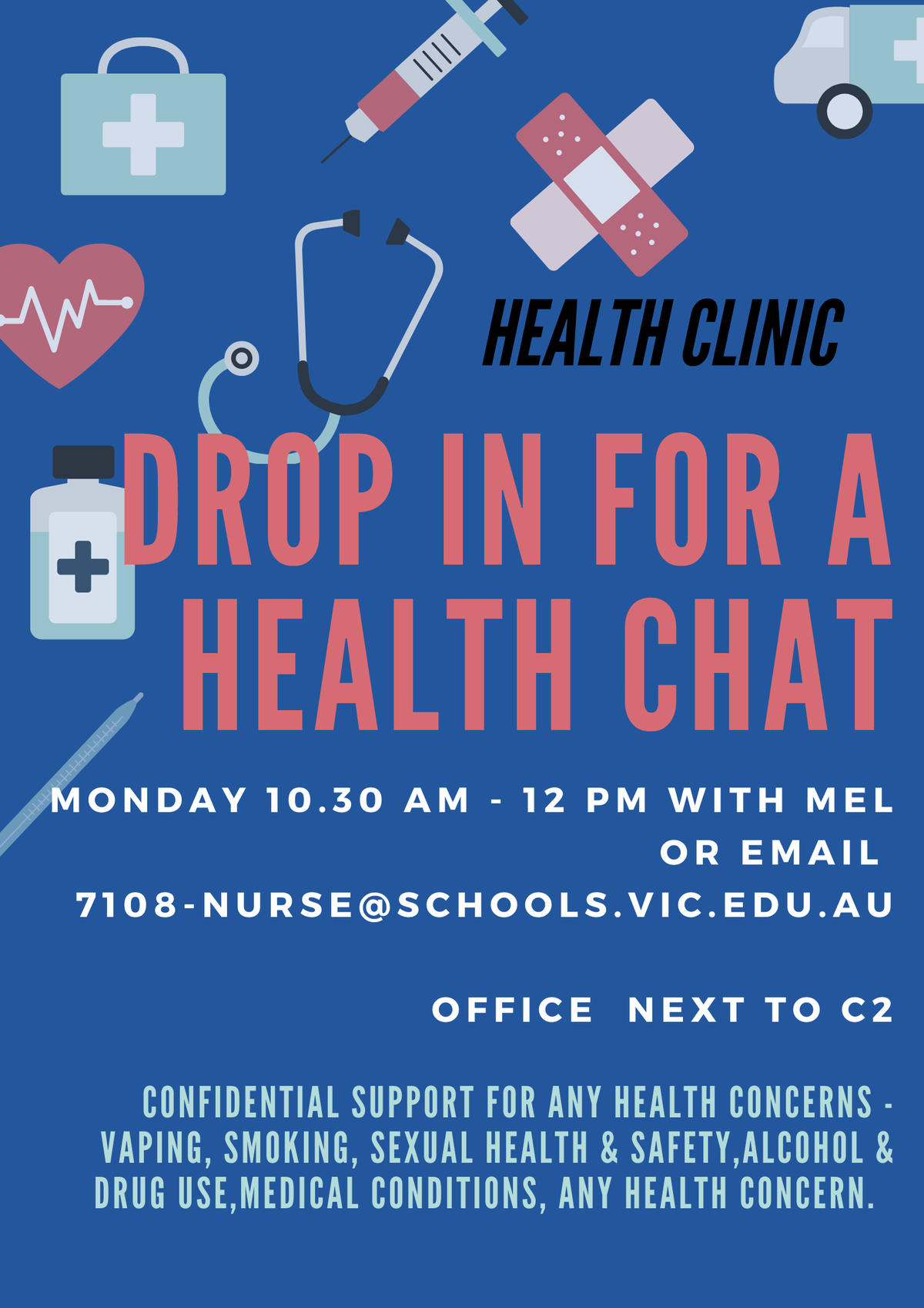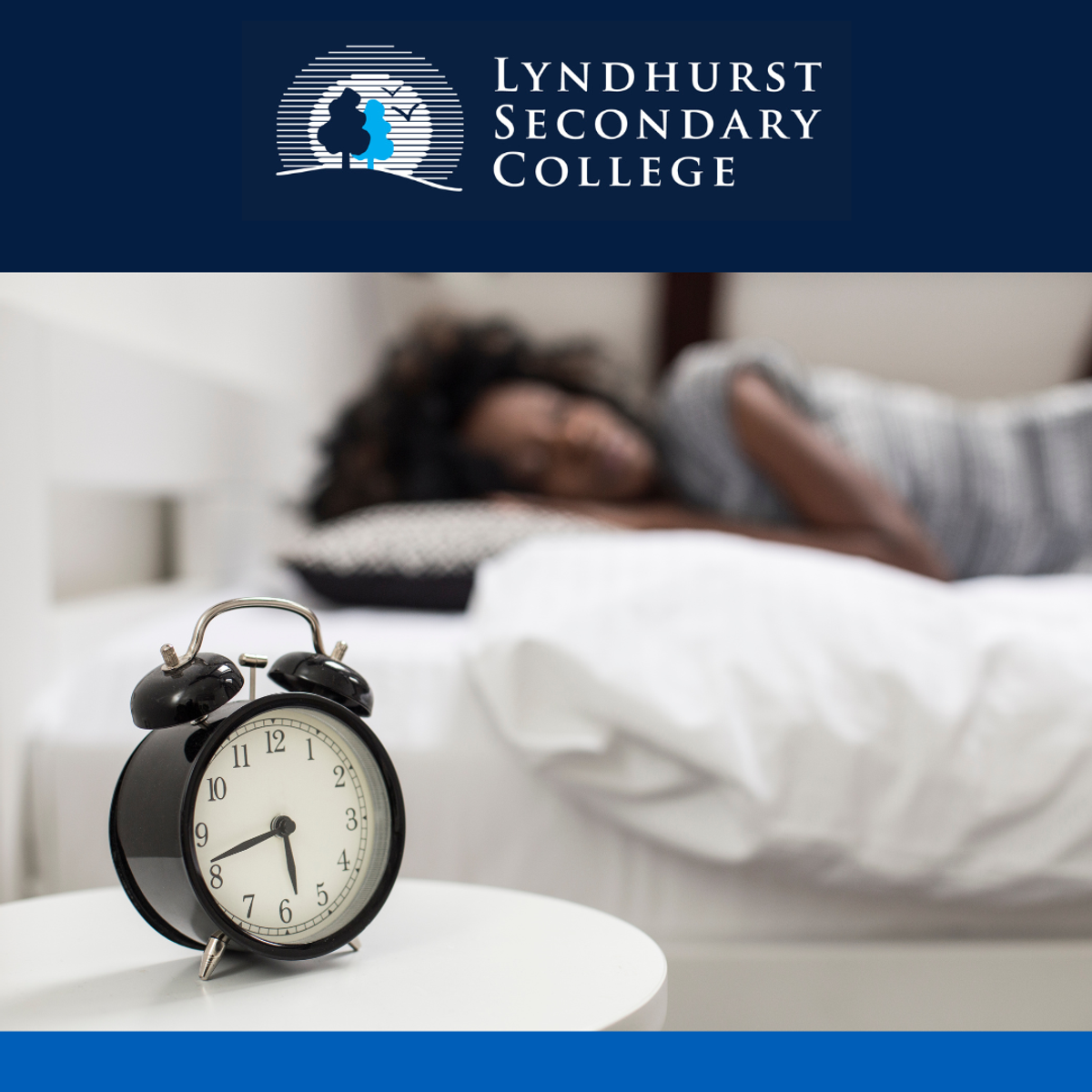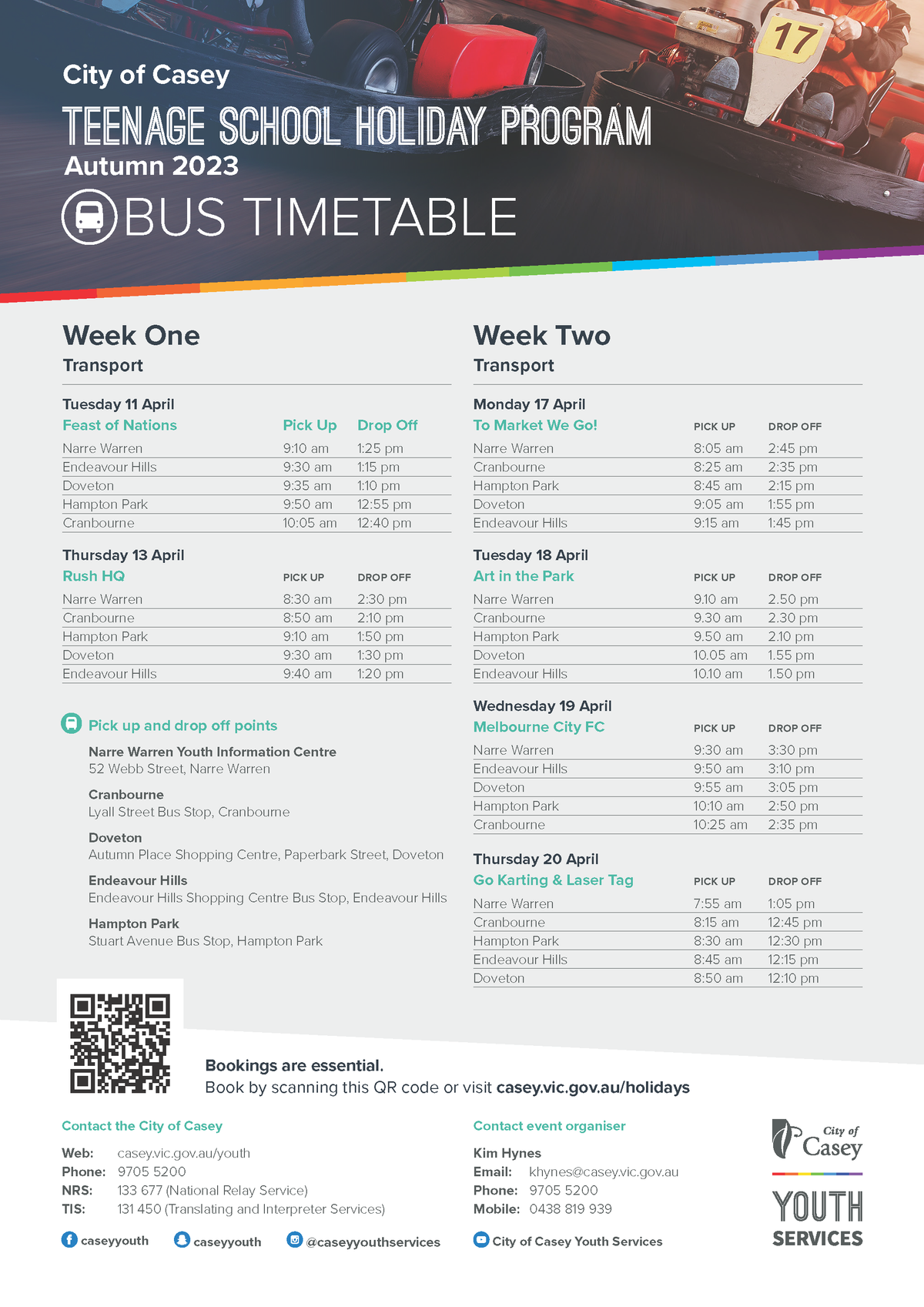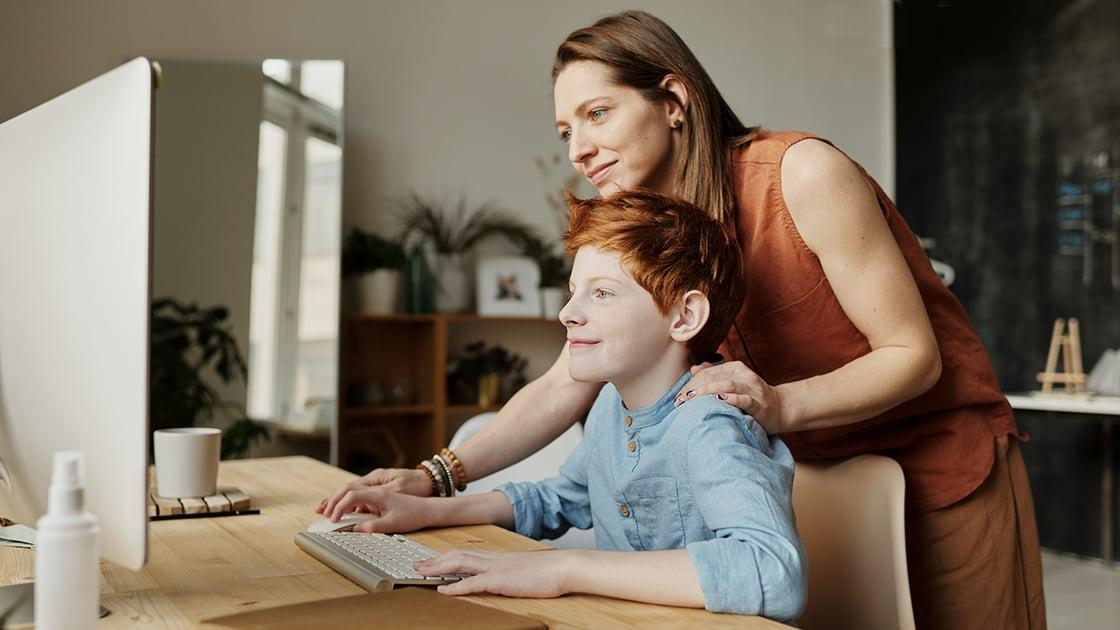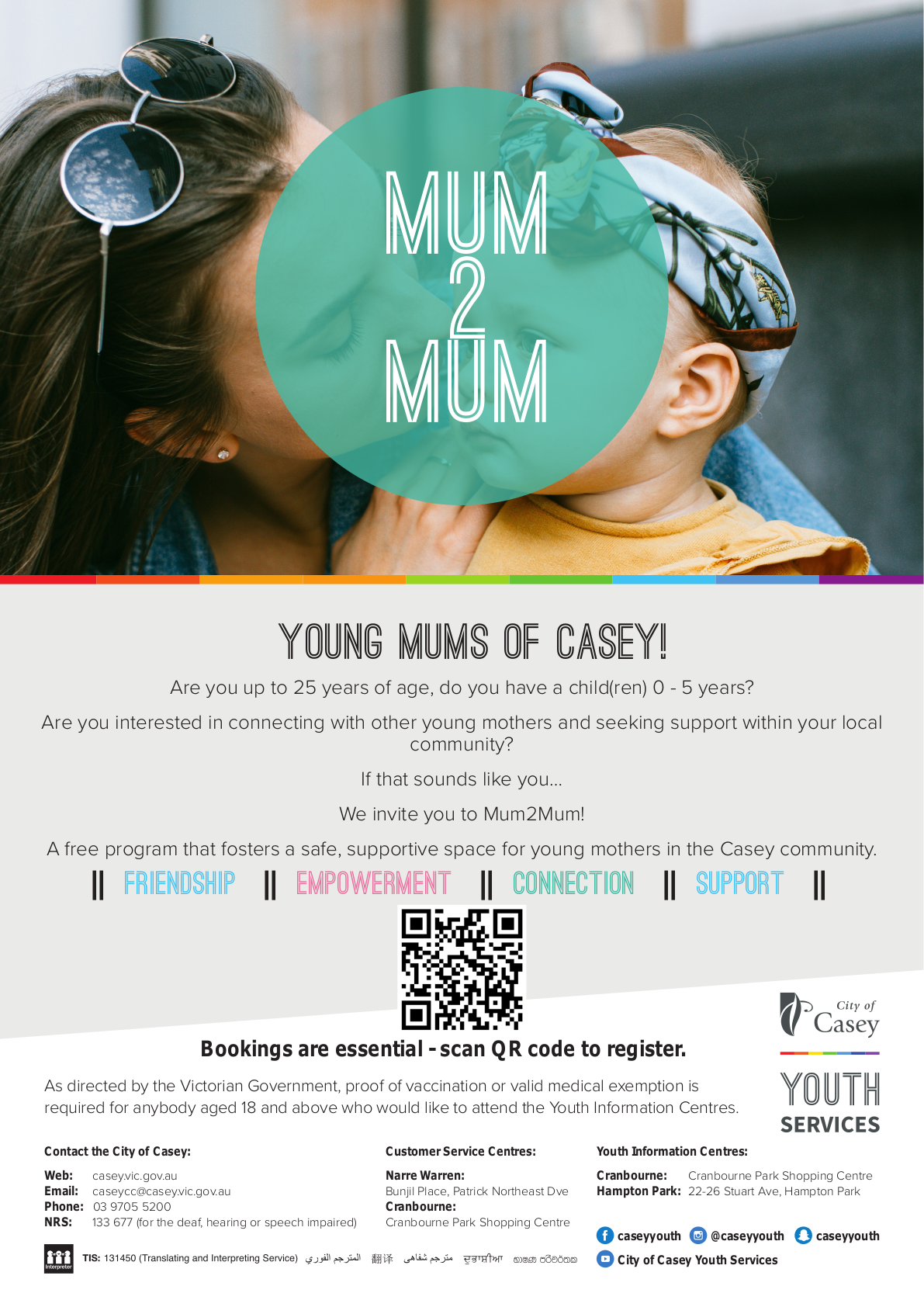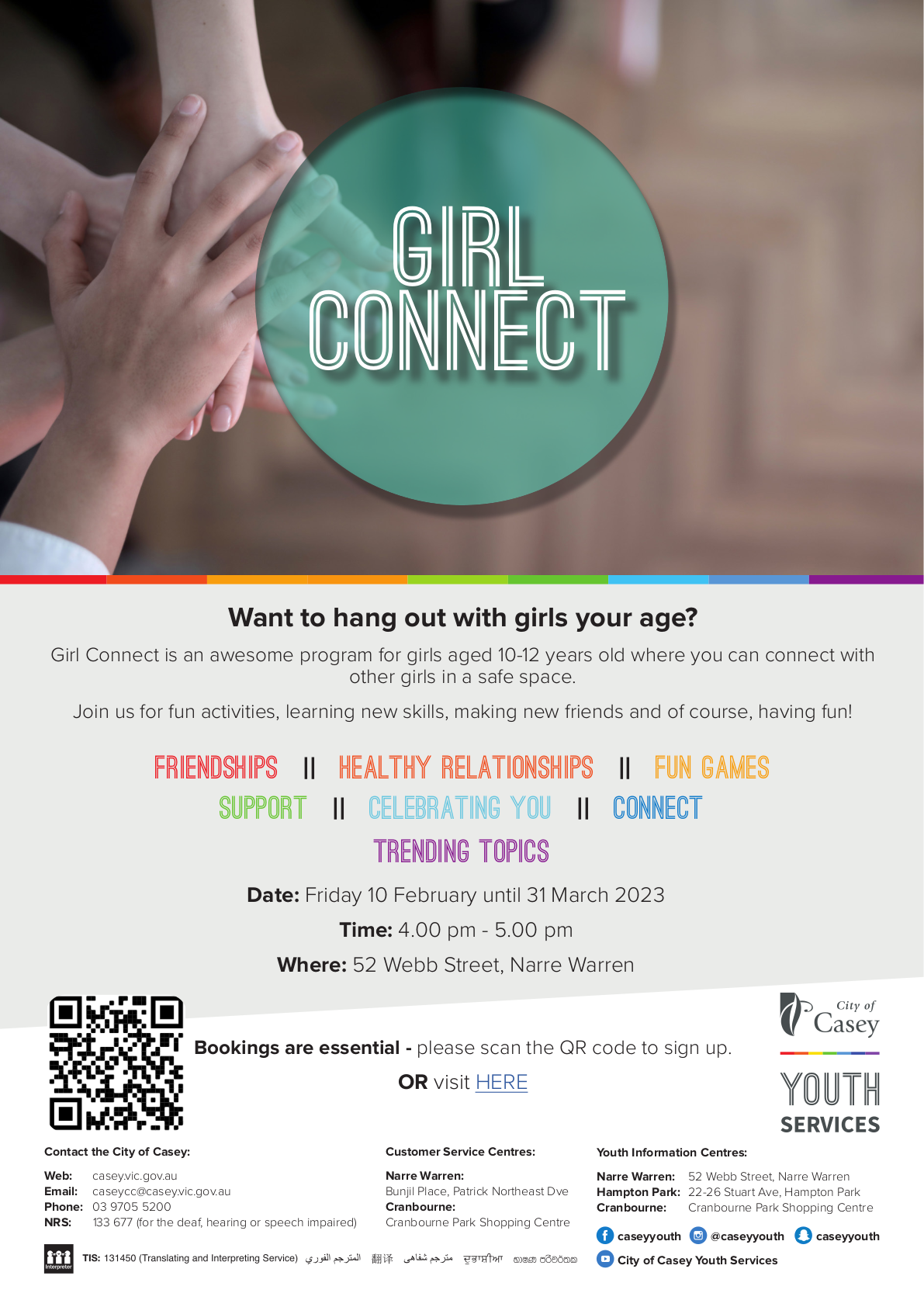Wellbeing
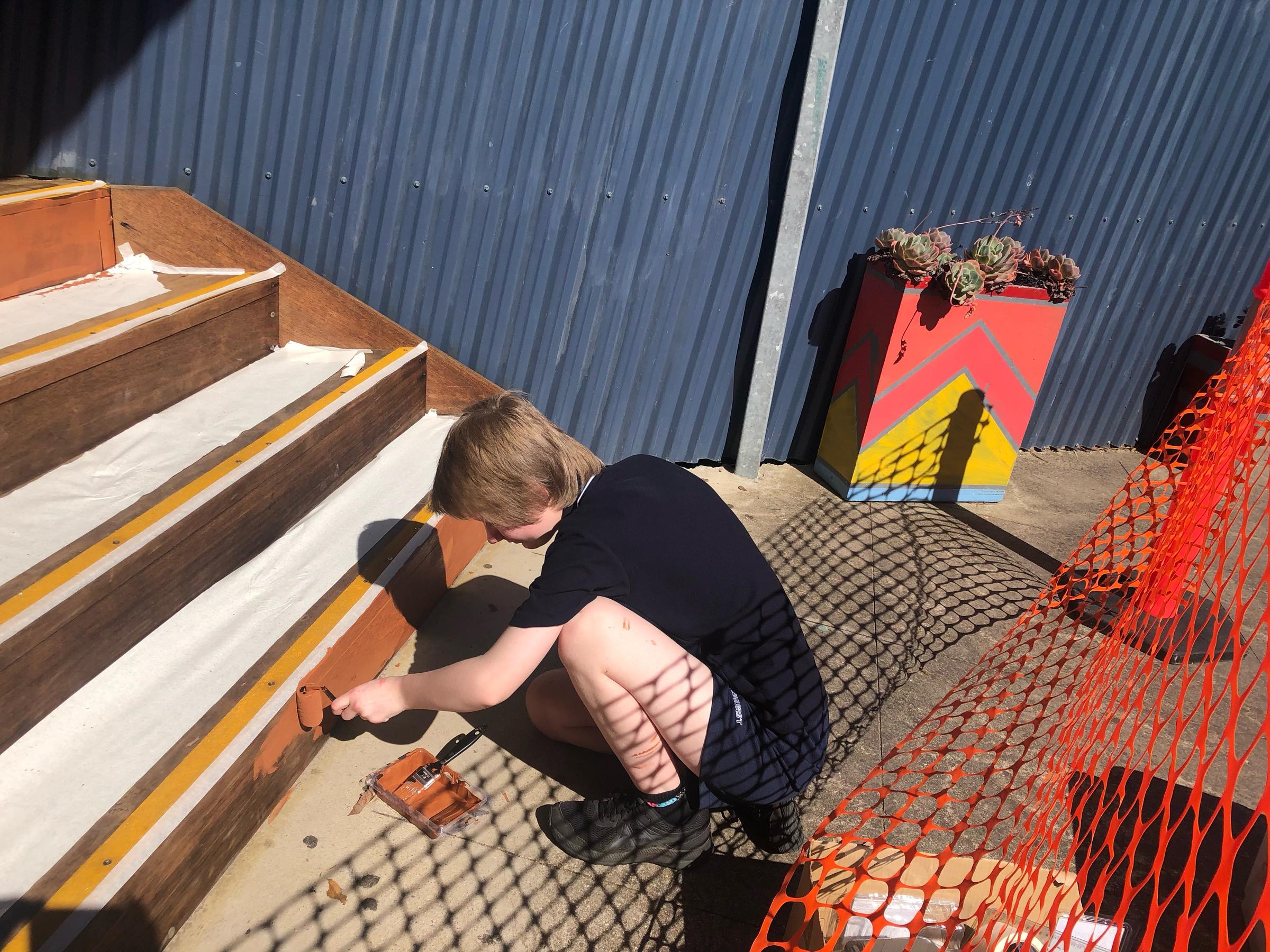
Next group 27 March
Dear families
While we know sleep is essential for good health, research shows that many children and young people are not getting enough sleep on school nights. This can affect thinking, concentration, memory, reaction times and mood.
Research shows about 12% of primary school-aged children, a quarter of 12- to 15-year-olds and half of 16- to 17-year-olds don’t get enough sleep on school nights. The recommended amount of time to sleep for primary school-aged children is 9 to 11 hours. For teenagers, it’s 8 to 10 hours.
Signs that your child is not getting enough sleep can include:
- low mood and irritability during social interactions
- reluctance or arguing about getting off devices and going to bed
- falling asleep during the day
- difficulties waking up for school and sleeping in late on weekends to catch up
- changes to communicating or interacting at home.
You can help your child to improve their sleep by:
- establishing a regular sleep pattern and consistent bedtime routine
- supporting them to avoid using electronic devices such as smartphones before going to bed and in bed
- encouraging your child to exercise and spend time outside in daylight, steering clear of vigorous activity in the hour before sleep
- encouraging them to wind down and relax before going to bed.
If your child is still having trouble sleeping, has persistent problems with low mood, excessive daytime sleepiness, restlessness in bed, severe snoring or wakening unrefreshed, despite getting adequate length sleep, they should see a doctor.
For more information on sleep health, you can refer to:
- Sleep tips for children and Facts about sleep for parents and school staff, from the Sleep Health Foundation
- Why sleep is so important, from the Kids Helpline’s
- Sleep explained, from the Better Health Channel.
Asthma Update
Are you a parent or carer of a child with asthma? You can prepare your child for their new year by ensuring they have an up-to-date written Asthma Action Plan, a spacer and their reliever medicine ready to give to their school.
| Did you know a new medication for severe asthma has been listed (1 January) on the Pharmaceutical Benefits Scheme. It is branded Trimbow 200 and is a triple combination therapy. |
| This adds another treatment option for up to 200,000 Aussies living with severe asthma. |
Visit the hub 'Back to School Hub for details
Autumn School Holiday Progams
Building Familiy Resilience
Do you have a common language around mental health in your home?
If you’re a parent or carer, having strategies, tools and ways to communicate with the children in your life is the key to helping them develop social emotional skills. These are the skills that will set them up to thrive in life.
Check out the free programs available from Smiling Mind.
https://www.smilingmind.com.au/resilient-families-program
